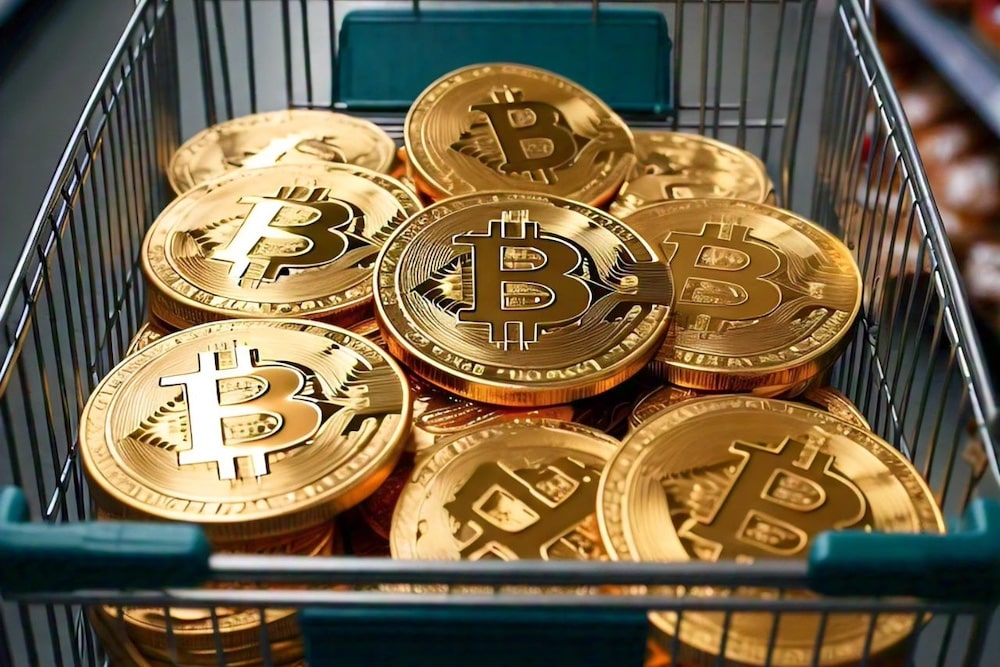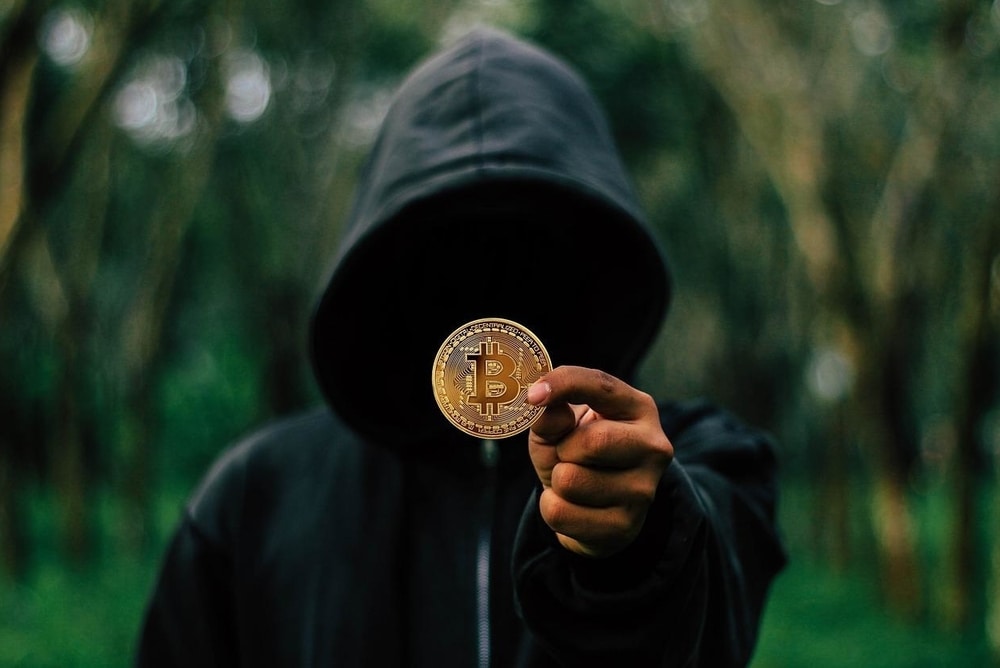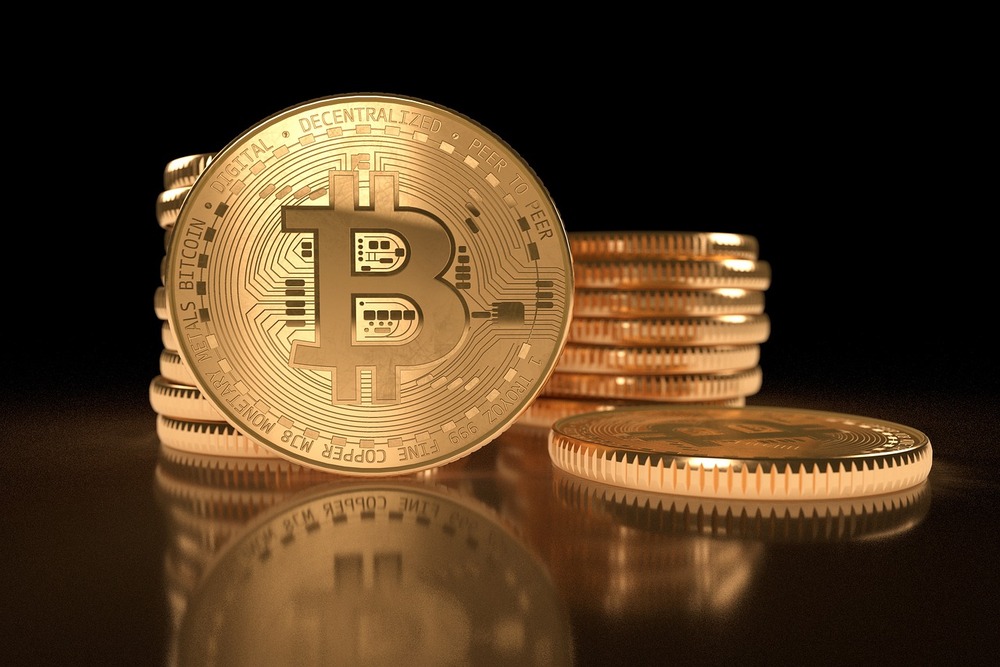Coinbase, one of the world’s largest crypto exchanges, has announced that it will delist Tether’s USDT stablecoin from its platform for European customers.
USDT, the leading stablecoin issued by Tether, has maintained its dominance in the crypto market with a market capitalization exceeding $139.5 billion. Its removal from Coinbase’s European markets represents a significant change in the stablecoin ecosystem.
Coinbase will limit services for certain assets, including USDT, PAX, PYUSD, GUSD, GYEN, and DAI, citing restrictions imposed by Europe’s Markets in Crypto-Assets Regulation (MiCA).
Coinbase currently supports USD Coin (USDC) and the euro-backed stablecoin EURC, both of which are managed in partnership with the U.S.-based crypto firm Circle.
Potential Relisting Under Consideration
The first phase of MiCA’s stablecoin regulations has been in effect since June 30, while the complete regulatory framework for crypto asset service providers (CASPs) will take effect on December 30.
In October, Coinbase announced its intention to delist MiCA-restricted stablecoins from its platform and encouraged users to exchange their holdings in noncompliant coins for alternative stablecoins such as USDC.
Although Coinbase labels USDT as a “MiCA-restricted stablecoin,” European regulators have not explicitly stated that the stablecoin fails to comply with MiCA regulations.
Tether CEO Paolo Ardoino has also openly criticized certain aspects of the MiCA regulations, revealing that Tether is developing a technology-driven solution designed specifically for the European market.
In November, Tether formally announced it would discontinue its euro-backed stablecoin, EURt (EURT), citing community interest as the reason. At that time, EURT’s market capitalization represented just 0.02% of USDT’s total market value.
Coinbase Launches Wrapped BTC
The latest development came after the American crypto exchange announced the launch of its Coinbase Wrapped BTC (cbBTC), a new ERC20 token backed 1:1 by BTC currently available on Base and Ethereum networks.
Coinbase noted that cbBTC will not have its separate trading options on Coinbase. However, users can trade cbBTC on other decentralized platforms using Coinbase wallet and other exchanges that may support it.









